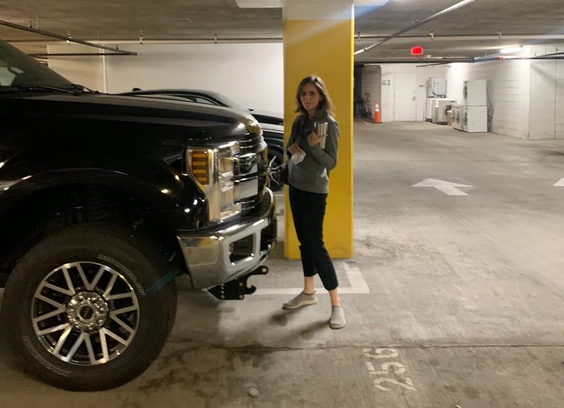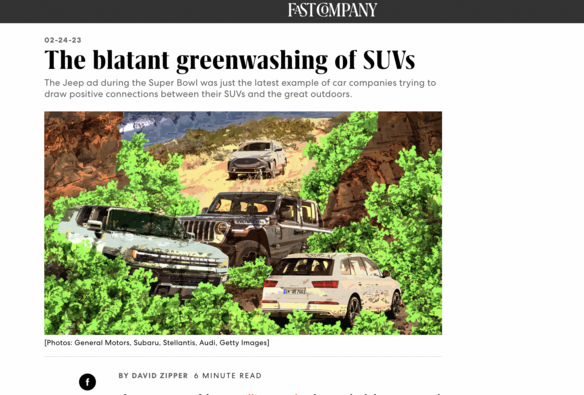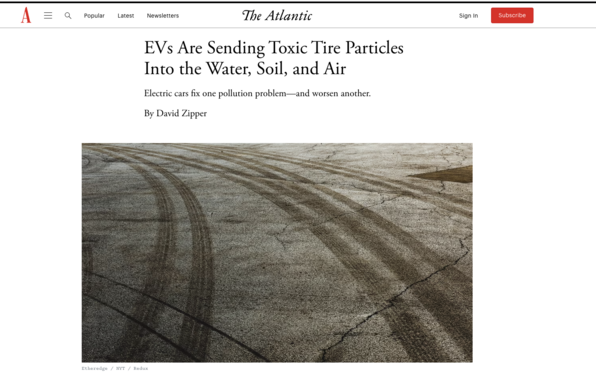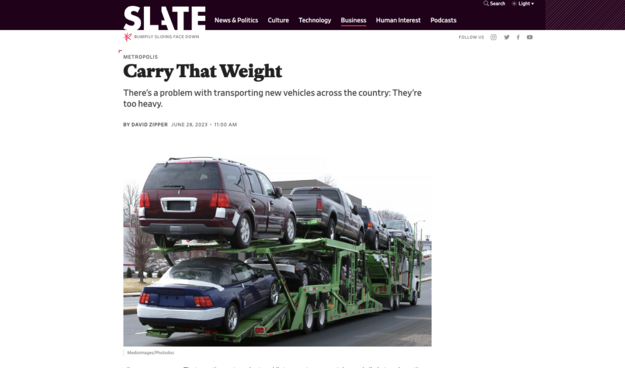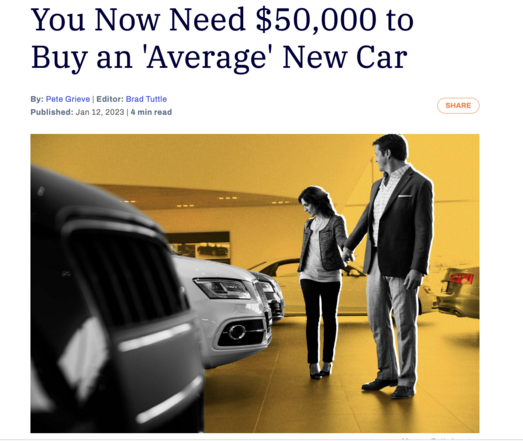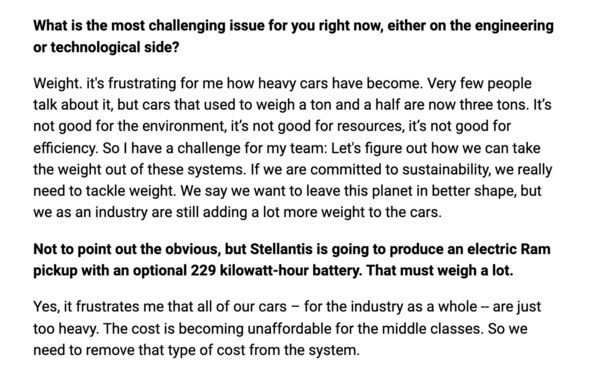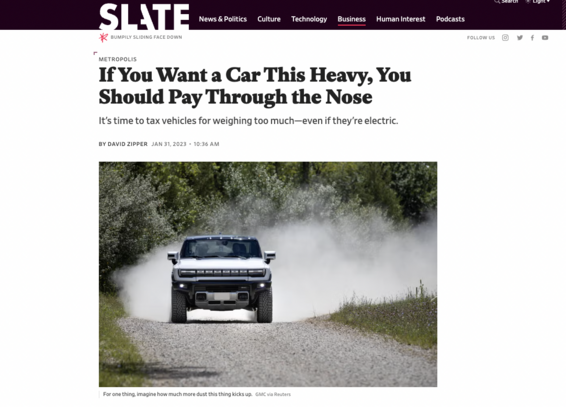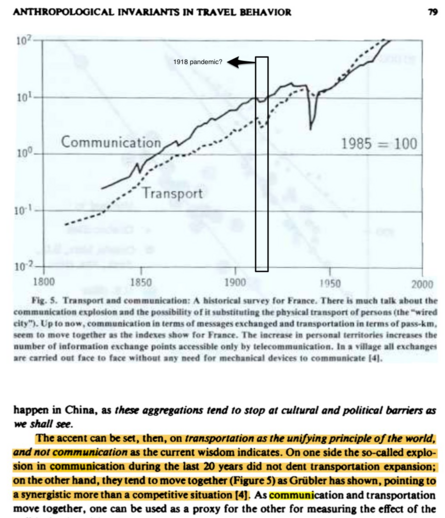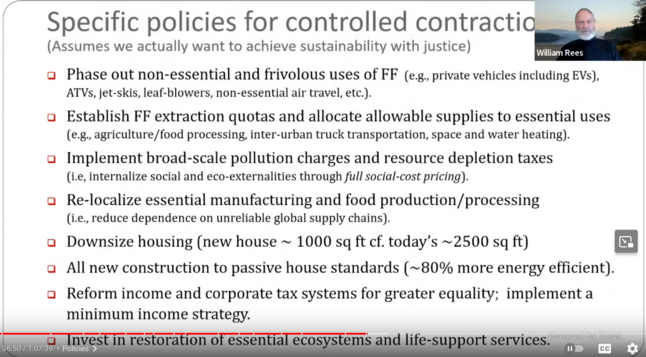I’ve spent much of this year examining car bloat, the process through which smaller vehicles are being replaced by increasingly massive SUVs and trucks.
What I’ve learned: Huge cars are terrible for society, often in ways that are hidden.
Some basic facts:
◆ >80% of US car sales are now trucks/SUVs.
◆ Models keep expanding. For example, the F-150 is now ~800 lbs heavier and 7 inches taller than in 1991.
◆ EVs can make the problem worse due to huge batteries.
Continued (THREAD)

